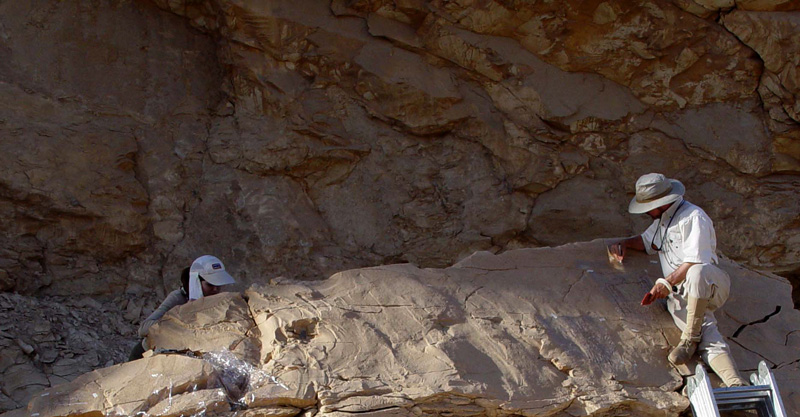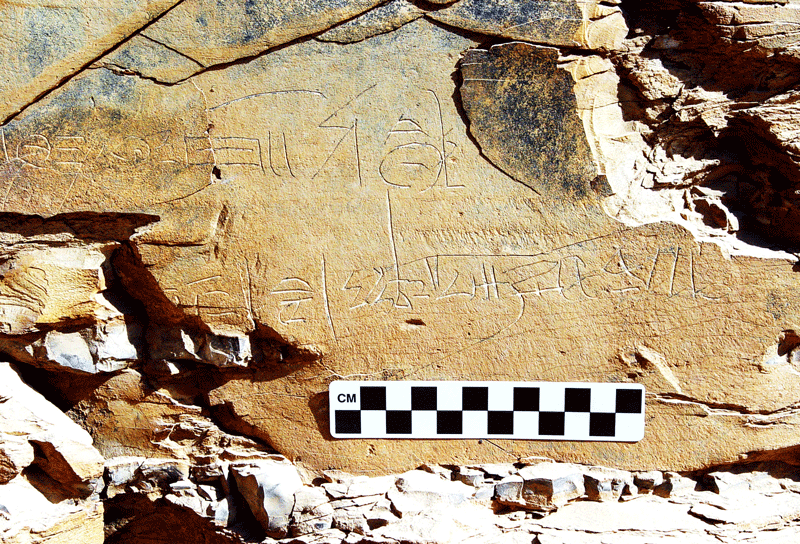Graduate Program
Students in the graduate program of Egyptology may specialize in any period of ancient Egyptian language, history, or material culture. The foundation of the Egyptology program is a thorough study of the ancient Egyptian language and its various scripts, and all dissertations must contain a substantial component of primary textual material.
Rather than following a rigid template with a limited number of specific courses, one of the strengths of the Yale program is its flexibility and its ability to incorporate and accommodate the specific interests of students each year. All students read texts in Old, Middle, and Late Egyptian and participate in a full sequence of courses in Egyptian history, culture, and archaeology. At least one text course each year will stress ability with cursive scripts, and when appropriate introductory and advanced Demotic are also offered. In addition, Egyptology graduate students will typically take the equivalent of four semesters of Coptic, two semesters of introductory Coptic and two semesters of text courses. Competence in an additional ancient language is also required, and students typically choose another Near Eastern language or Greek to fulfill this requirement, depending on their research interests. Students interested in interdisciplinary projects are encouraged to take a certain number of courses in other academic departments at Yale.

Students complete three years of course work followed by a series of comprehensive exams, both written and oral. If a student has exceptional background in ancient Egyptian language prior to entering the program at Yale, s/he may request advanced standing, and take the comprehensive exams at the end of the second year. Upon successful completion of coursework and exams a student submits a written dissertation proposal and upon approval of the proposal begins formal work on the dissertation. Typically during a student’s third and fourth years, s/he has the opportunity to gain teaching experience, either as an assistant to a professor in a lecture course, or as a part time acting instructor of first year Middle Egyptian. Professional development is emphasized throughout the Egyptology program.
Students are encouraged to produce considerable amounts of written work during their graduate careers, and when appropriate to publish the results of this work. The William K. and Marilyn M. Simpson Endowment for Egyptology at Yale is a source of potential funding for graduate student travel for national and international conferences, and may assist with travel for dissertation research. Graduate students at Yale have further opportunities to interact with other scholars in Egyptology and Coptology through lecture series held at Yale.

During the winter and/or summer recesses, graduate students are encouraged to participate in Yale-sponsored expeditions (for more on these projects, see Archaeological Expeditions). In addition, graduate students working with Yale expeditions may develop their own research projects in the field and may participate in the publication of reports and monographs. The collections of the Yale Art Gallery and the Yale Peabody Museum serve as teaching resources and continue to provide material for graduate student research and publication projects.
For information about the generous stipend and medical benefits for graduate students at Yale, and the details of the admissions process, please visit the Graduate School website.
